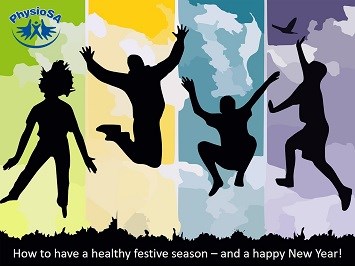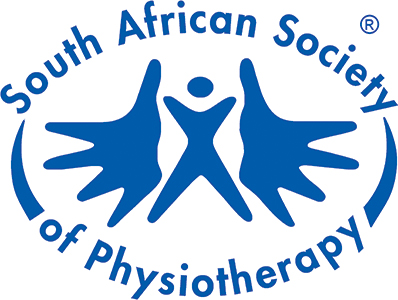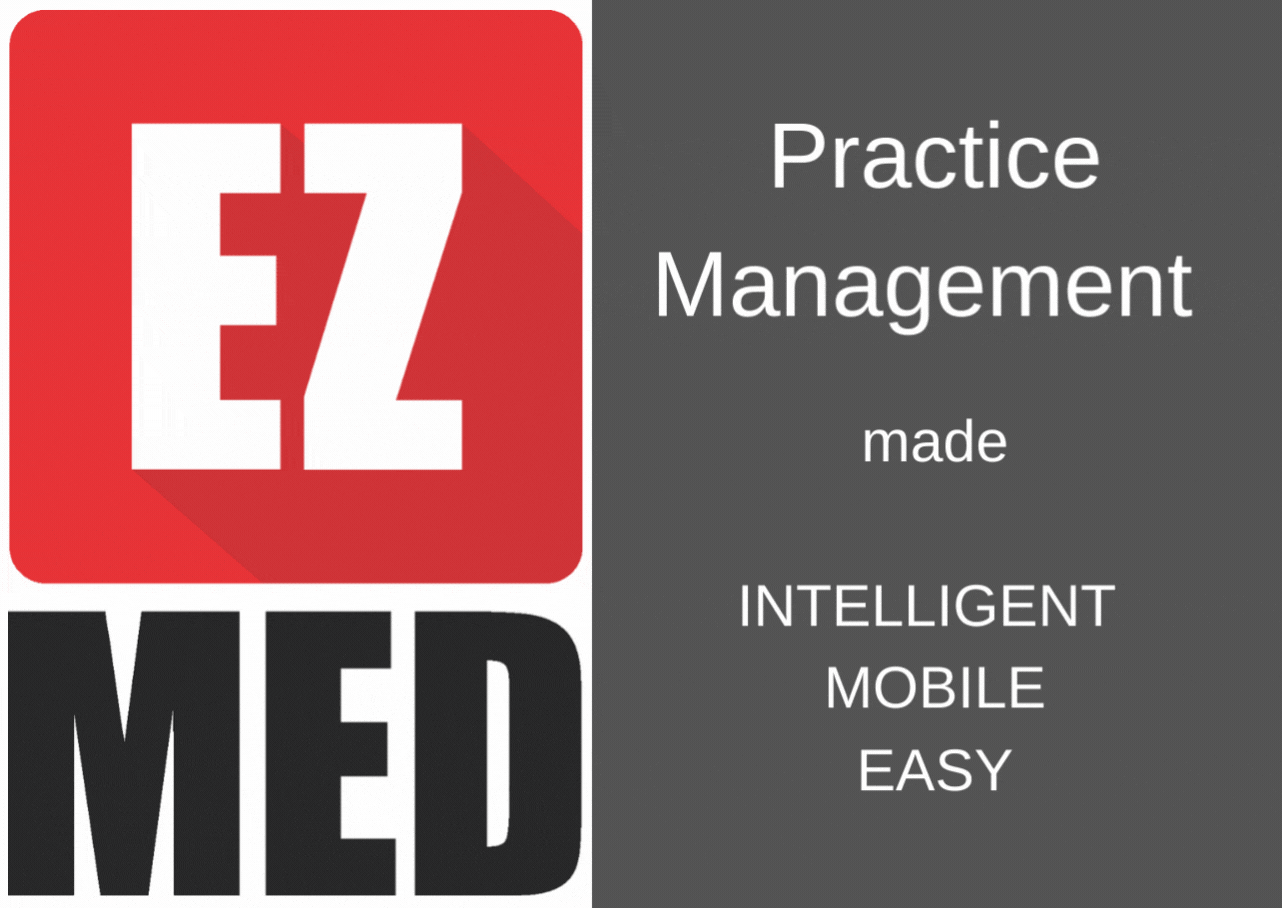
How to have a healthy festive season – and a happy New Year!
It’s the end of the year. You’ve got a week off, the whole family has joined you for a few days, you should be full of fun, bubbling with laughter, overflowing with family love.
But you’re not.
Your lower back hurts.
Every time you climb the kitchen stairs, that knee starts collapsing again.
You felt tearful and angry this morning.
Even the scar from your op has been aching.
And now you’re sitting at the table, head in your hands, with a pounding headache.
What’s going on?
“As physiotherapists, we know that there is a strong link between stress and pain,” says Professor Witness Mudzi, president of the South African Society of Physiotherapy (SASP). This means that people are likely to experience more pain at a time of heightened emotion.
"We often think of emotion as a consequence of stress or pain, but our findings suggest that under certain circumstances negative emotion or complex, mixed emotion can function as a stressor itself, and one which can promote inflammation," says Professor Jennifer Graham-Engeland, lead author of a study published in September this year.
In other words, the emotions you feel during the festive season – which may be extreme (great joy at seeing your grandchildren, huge grief because this is the first year without your wife) and complicated (yes, it’s lovely to see the kids, but I resent that they don’t make more of an effort to connect during the year) – may actually trigger pain, by stimulating inflammation.
How do you combat stress and keep pain at bay?
Your body needs to move!
The foot soldier in your army is exercise.
There is a barrow-load of scientific evidence that exercise can do as good a job as a drug at reducing anxiety and depression.
The festive season may make time demands that reduce your gym visits or cycle rides, but try to do something physical for 30 minutes on most days – a walk around the block with friends or with your dog, for example.
It will make you feel better and more able to cope. And that will reduce pain.
Your body needs to touch and be touched!
There’s a lot of research on the benefits of cuddling, stroking and touching. “…laboratory studies have generally found that touch from a trusted other buffers the usual effects of stress on pain,” wrote researchers in 2015.
Of course, don’t touch people who don’t want to be touched, but take advantage of the hugs bonanzas the holidays bring. Or hug a companion animal – they’re always up for it!
And remember: 30 minutes of physical activity on most days is the foundation of good health, reduced pain and less stress.
Your body needs oxygen!
Lots of research underpins the effectiveness of mindful deep breathing. Recent research indicated that deep breathing techniques can “induce an effective improvement in mood and stress both in terms of self-reported evaluations and of objective parameters, such as heart rate and salivary cortisol levels.”
Take a few minutes every day to sit somewhere quiet and breathe…
Your body needs to pump up the oxytocin!
Oxytocin is the ‘love hormone’ which we pump out when we’re around those we love. It’s one of the reasons why therapy dogs can intervene to help with trauma: “… dogs are able to lessen subjectively experienced stress and anxiety after a ‘traumatic’ stress situation,” researchers wrote this year.
If possible, take a few minutes each day to be with companion animals.
Your body needs to say ‘No’!
Do you take on too much over the holidays? Many – especially women – do, and it can be damaging.
Say ‘No’ nicely, and delegate. Let go of perfection (as per you) and rejoice in the creativity others bring to bear on planning menus, decorating trees, baking or cooking.
Take time to enjoy the energy and thoughtfulness of others.
Your body needs to laugh!
“Gentlemen, why don’t you laugh? With the fearful strain that is upon me day and night, if I did not laugh I should die, and you need this medicine as much as I do,” said Abraham Lincoln, during the Civil War. Abe was onto something – hundreds of studies have since shown that laughter reduces stress and boost the immune system.
Even if it’s just watching babies eat broccoli or dogs looking guilty online, aim for one good laugh a day.
Your body needs to sleep…
Sleep is the “balm of hurt minds”, as Shakespeare put it in Macbeth. Good sleep is a buffer against stress and pain. Don’t go without it during the holidays. Encourage good sleep by cutting out screen time in the hours before bed; and ensure you are cool enough to be comfortable (a hot water bottle can be filled with ice, wrapped in a towel and taken to bed if you’re really suffering from heat).
And remember, daily exercise improves your chance of sleeping, and sleeping well.
Back






